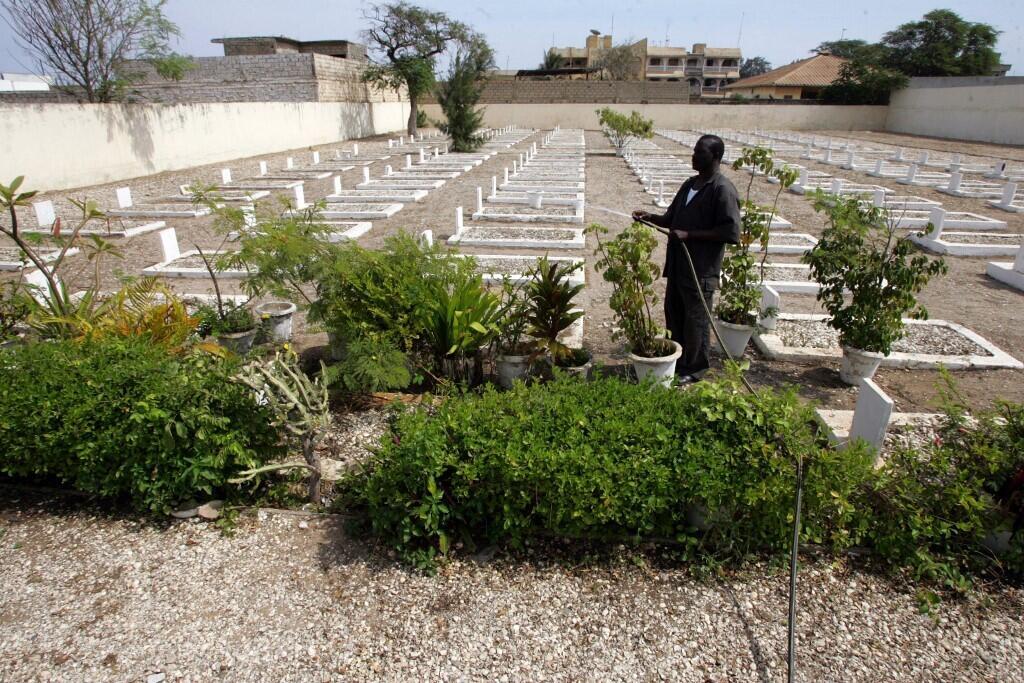Senegal marks 80th anniversary of Thiaroye massacre with calls for justice and sovereignty

Senegal will commemorate the 80th anniversary of the Thiaroye massacre on Sunday, December 1, 2024, honoring dozens of Senegalese tirailleurs who were killed by French colonial forces near Dakar in 1944.
The solemn anniversary, viewed as an act of both remembrance and sovereignty, reflects the nation’s commitment to acknowledging a dark chapter in its colonial history.
The Thiaroye massacre, which occurred on December 1, 1944, was a result of a dispute over unpaid wages between returning tirailleurs and the French army.
Despite its significance, historians like Mamadou Diouf accuse France of systematically attempting to erase the event from public memory.
Renewed Commitment to Commemoration
This year’s commemoration marks a turning point under Senegal’s new administration, which has pledged to break from what it describes as the “complicit silence” of previous regimes.
The event will feature both military and civilian ceremonies at the Thiaroye military cemetery and camp, presided over by Senegalese President Amadou Faye.
Mamadou Diouf, chair of the Commemoration Committee, highlighted the broader goals of the event.
“The massacre of Thiaroye is a political and ideological indictment. Its exhumation reveals a narrative that France has long sought to suppress,” he said.
The committee also plans to publish a white paper in April 2025, drawing from social sciences, humanities, and artistic expressions to preserve the memory of the tirailleurs.
Barriers to Truth and Justice
Efforts to fully document the massacre face significant challenges, particularly France’s reluctance to grant access to critical archives.
“French authorities remain intransigent, refusing to release all documents related to the massacre or even confirm if the materials handed over during François Hollande’s presidency are complete,” Diouf explained.
A Senegalese delegation, comprising historians and archivists, is set to visit France to negotiate access and digitization of these archives.
While Hollande had acknowledged France’s responsibility for the massacre, his 2014 pledge to deliver all relevant materials remains only partially fulfilled.
Demands for Recognition and Reparations
For historians and advocates, the commemoration is not about vilifying France but uncovering hidden truths and seeking justice.
“This is not an enterprise of condemnation but an inquiry into a silenced history,” Diouf emphasized.
Calls for reparations, identification of mass graves, and full access to archives are among the steps sought by Senegal and other African nations whose soldiers served under French command.
As Senegal breaks its silence on Thiaroye, the anniversary is poised to become an enduring symbol of resilience, justice, and the pursuit of historical truth.
About The Author
dailymailafric
I am an avid African news observer, and an active member of Daily Mail Africa.
I’m Passionate about staying informed on diverse topics across the continent,
I actively contribute to publishing on political, economic and cultural developments in Africa.



